When 11-year-old Tarik from Banja Luka went for a walk in the park with his mother, Alma, on a summer day, he had no idea that playing guitar would become his next hobby. For the past year, he has been attending guitar classes organized by the Association “Zdravo da ste.”
“Last year, we just happened to be walking past during Creative August, and there was a guitar demo class going on, so he wanted to try it. He sat down with the group; it was all very fun and interactive, and Tarik loved it. He stuck with it, and he had good teachers. They recently got a new teacher and Tarik gets along with him great as well”, says Alma Pilav.
“He spends an hour here doing something useful and then shows us what he learned at home. When he started, I went to a few classes with him, but when we saw that he was doing much better, I gave up. Now when he comes home from lessons, he teaches me a few things. “Activities like this one deserve support,” Alma tells us during one of the Saturday classes at the Youth Center “Zdravo da ste,” located in the pleasant surroundings of Park “Mladen Stojanović” in Banja Luka. Maja Grujić, whose twin daughters Natalija and Katarina have also been attending guitar lessons for a year, adds:
“We are very happy with this activity. It has a positive effect on them, and the most important thing for us is that they are clearly satisfied. They enjoy coming to classes, they like the group, and they like the teacher.” I attended several classes, and everyone worked as a team. They complement each other, the atmosphere is relaxed, and there’s no pretentiousness. The teacher is good; we easily agree on everything. If they miss a class, they can catch up, and it’s clear that everyone cares.”

The class is vibrant, and the children attentively follow every instruction given by their instructor Petar Šućur. He gives them notes to practice on their guitars, teaches them parts of the song they’re preparing, reviews minor scales, and throws in a few jokes as well.
– What is the first note of the A minor scale? Petar asks, and is greeted by silence.
– What river flows under the Sava Bridge? he then asks them.
– Sava!, the children answer in unison.
– What is the first note of the A minor scale?
– Sava!, jokes Marko, and everyone starts laughing. Together, they conclude that the first note of the A minor scale is A.
The children say that the guitar lessons are fun and they enjoy coming here. They hope and dream that they will one day have the opportunity to show what they have learned on a big BiH or international stage. They listen to everything from children’s songs and folk music to Metallica:
“I like listening to Metallica and I’m learning to play some of their songs at home. I learned to play some intros, such as ‘Nothing else matters.’ I’ve been coming here for maybe a year, and I’m happy with the lessons,” says Marko, who, like the others, takes the guitar very seriously. During this class, we also meet Tarik from the beginning of our story:
“I enjoy coming to guitar classes. I have a great time here. My mom used to come with me, but she doesn’t come anymore, so I teach her a little bit. My favorite song is ‘Yellow house at the edge of the village’ (Na kraj sela žuta kuća), and I like the other songs we learn too”.
Leontina is nine years old and has been coming to guitar classes for two months. This was her first opportunity to try playing the guitar, and now she has her own guitar at home:
“I have a nice time here and I’ve learned so much already. My favorite is when we play songs”.
Their instructor, Petar Šućur, has been teaching guitar for Zdravo da ste for a year and a half and says that working with children is a pleasure for him. While helping kids learn, he himself gets valuable practice in music pedagogy:
“I try to teach them something new every time, and I use various methods. Basically, I treat them like adults and keep the classes interactive. I have been playing music all my life. I graduated from the Academy of Arts, majoring in theory and pedagogy. I deal with composition, audio production, and post-production, and I have a hip-hop band called Green Bulz. When I was younger, I definitely didn’t have these kinds of opportunities to learn that they have today,” Petar tells us.

After the group left the classroom, Filip Čulić came in for individual lessons. He is 18 years old, on the cusp of graduating from high school, and has been learning guitar for almost two years:
“I’m here because of my love for the guitar. I’ve always wanted to learn to play and master everything related to the instrument. At first, I couldn’t decide on a specific song to learn, and I often gave up and would leave everything for later. I developed a passion for the guitar on my own and eventually learned a few songs, but taking guitar lessons has really helped me broaden my horizons and work on reaching my highest potential.”
Tanja Boromisa, Executive Director of the Association “Zdravo da ste,” says the guitar lessons are one of the main activities of the association, which has been operating in Banja Luka for 27 years. The main goal, according to Tanja, is “to support children and young people in the best possible way to change our society for the better.”
Over the years, they have accomplished this through a variety of activities at the Youth Center, including projects, quality free time programs, a volunteer program, youth mobility and information initiatives, and life skills strengthening programs. Their “Creative August” activity has been running since 2004, giving children and young people an opportunity to attend different workshops such as painting, modern dance, puppetry, photography, comic book drawing, guitar lessons, break dance, percussion instruments, sports, theater, and many others. Parents can also attend workshops and learn about emotional intelligence and a variety of skills.

“Our target group is primarily young people and children, but we have programs for everybody in the community. It’s very difficult to single out projects or activities as more important when we’ve been around for 27 years. What I can say though, is that the Youth Center is the core of our organization. The Center is our inspiration and a space for young people who want to see their idea come to life,” says Tanja.
She says that the main goal is for children and young people to have a place where they can discover and explore their talents, which may later nudge them towards an occupation:
“It’s a place to hang out, but also to learn new skills. If you stop by just for coffee, we can’t promise that coffee is all you’ll get. Along with coffee, we offer new information, new knowledge, and opportunities to get involved in both our and other organizations’ projects because we like to recommend good activities”.
She stresses that the Association is always open to the community:
“We try to use innovative approaches in our work that respond to the needs and interests of everyone who sees “Zdravo da ste” as a partner and seeks support from us. We work both locally and internationally. We learn from those bigger than us and try to apply this new knowledge in our context”, she says, emphasizing that despite their extensive knowledge and 27 years of experience, “Zdravo da ste” remains eager to learn and open to new ideas. One example of this is the cooperation with the Institute for Youth Development KULT which included Zdravo da ste in the Localworks organizational capacity-building program:
“The Institute has become like a fairy godmother of the youth sector – they are eager to cooperate, share their knowledge, and support others. We heard about the organizational capacity building program from the Association ‘Progres,’ which partners both with us and the Institute. We jumped at the chance to improve the quality of our work”, she recalls, and highlights the impact of the different types of support they received during the process:
“We received multifaceted support, including training and a self-evaluation process that formed the basis of our capacity-building plan. The icing on the cake was the assistance in enhancing the areas we identified as priorities. These experiences help us in our day-to-day work, but we are also aware that there is still a lot of room for improvement that needs to happen if we want to grow and contribute even more to our local and wider community”.



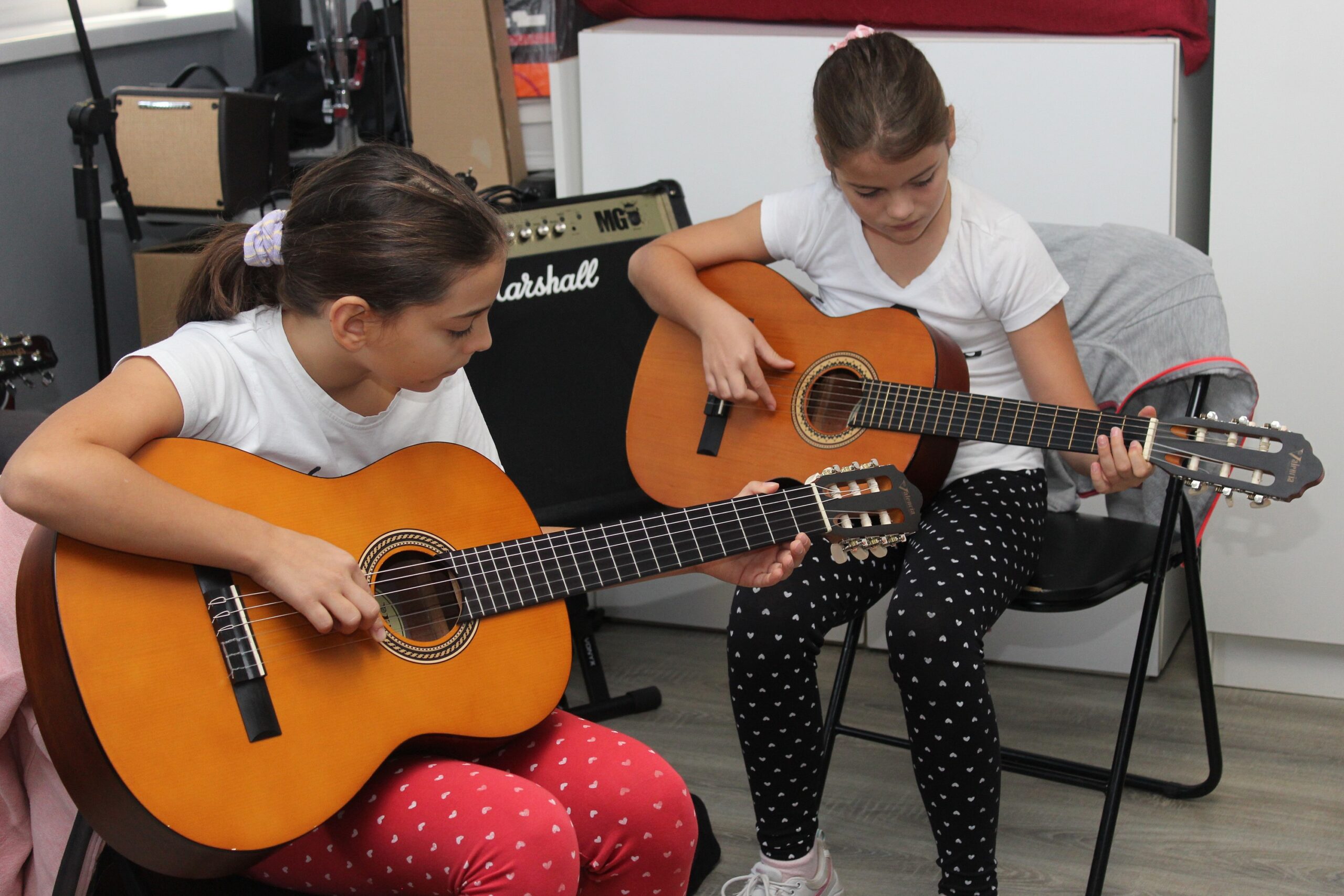
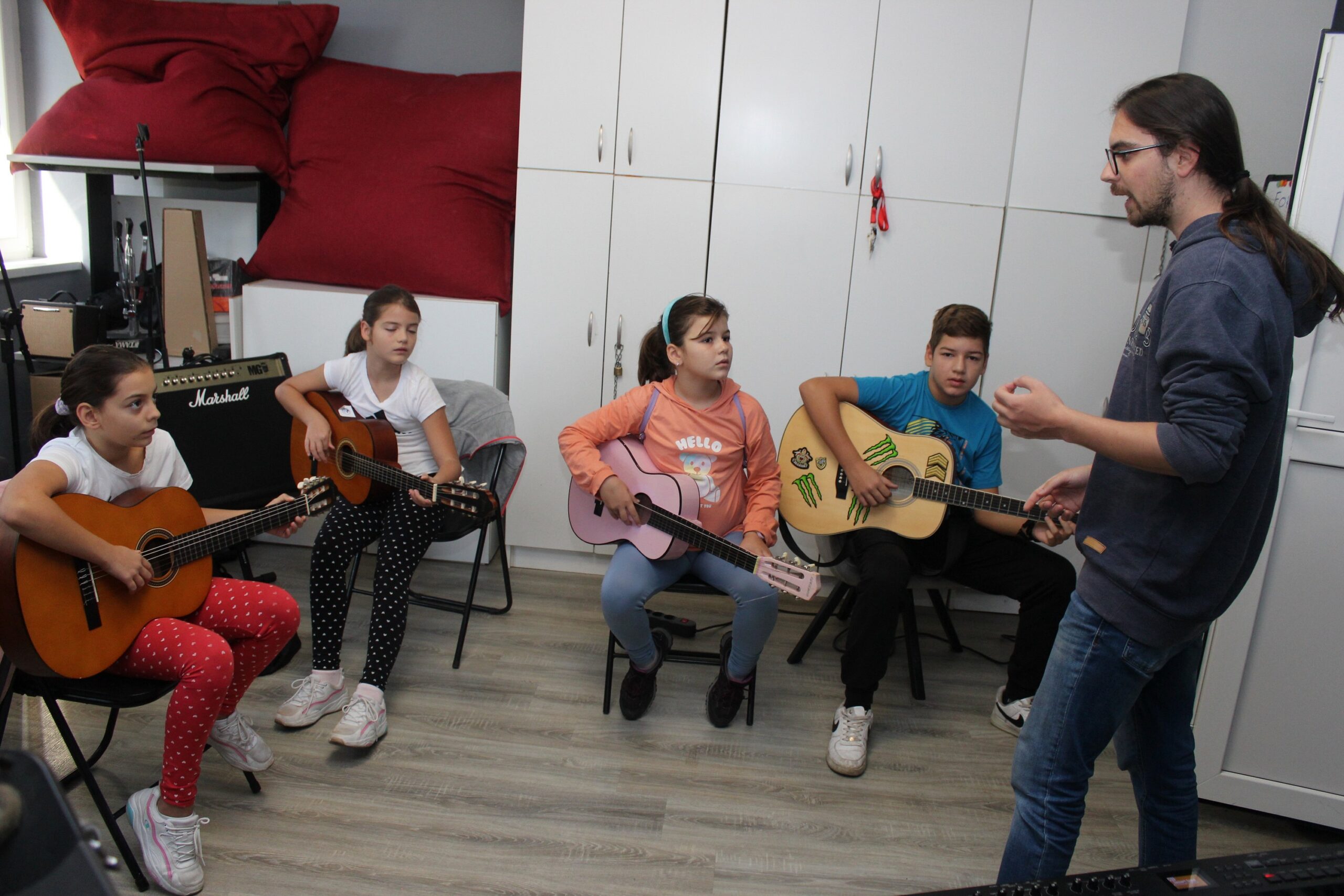

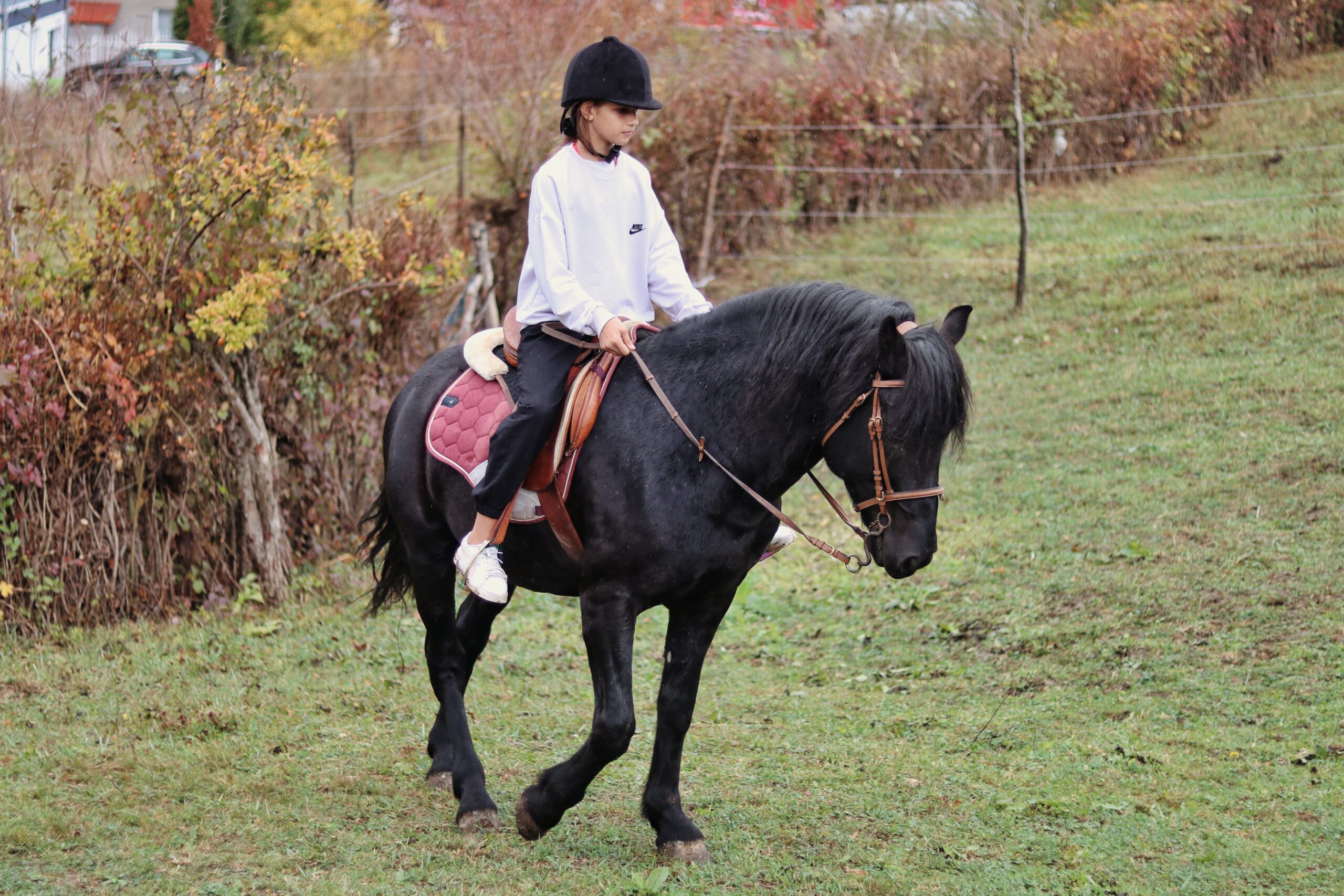
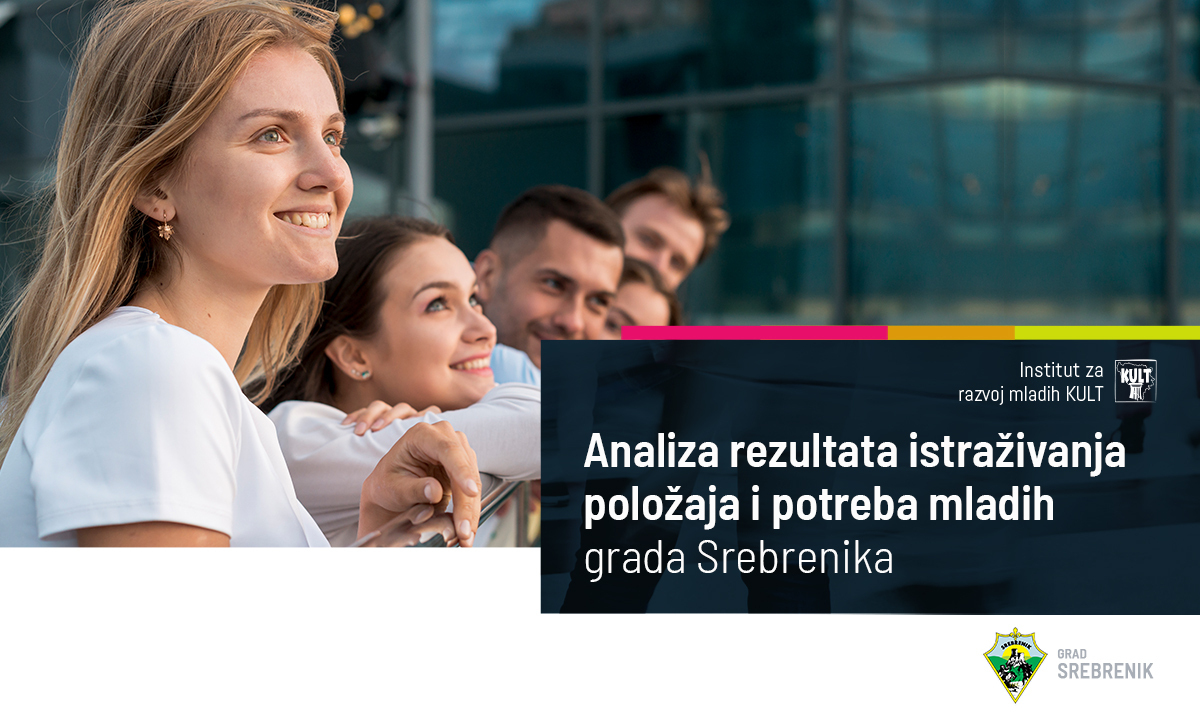







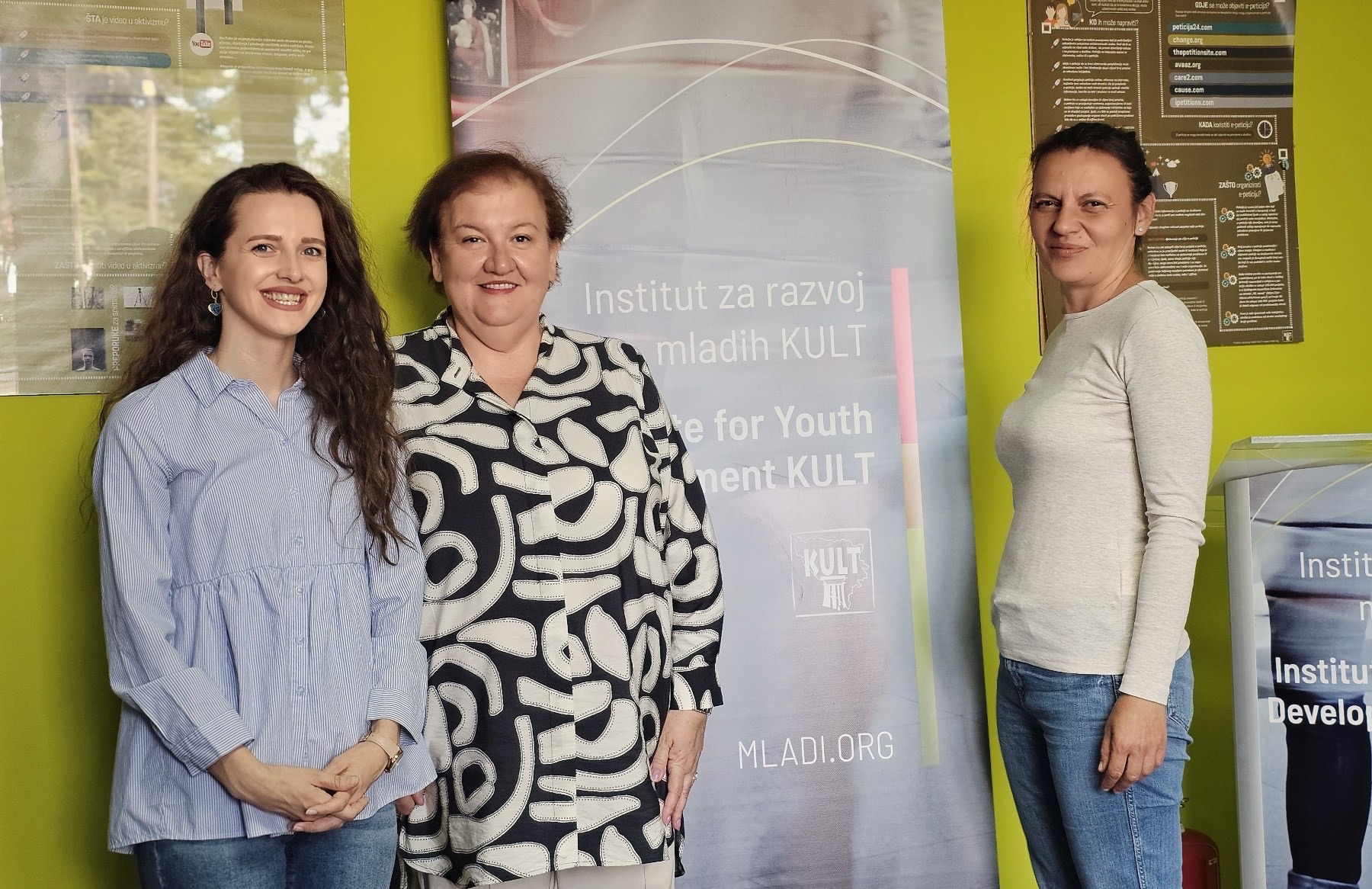

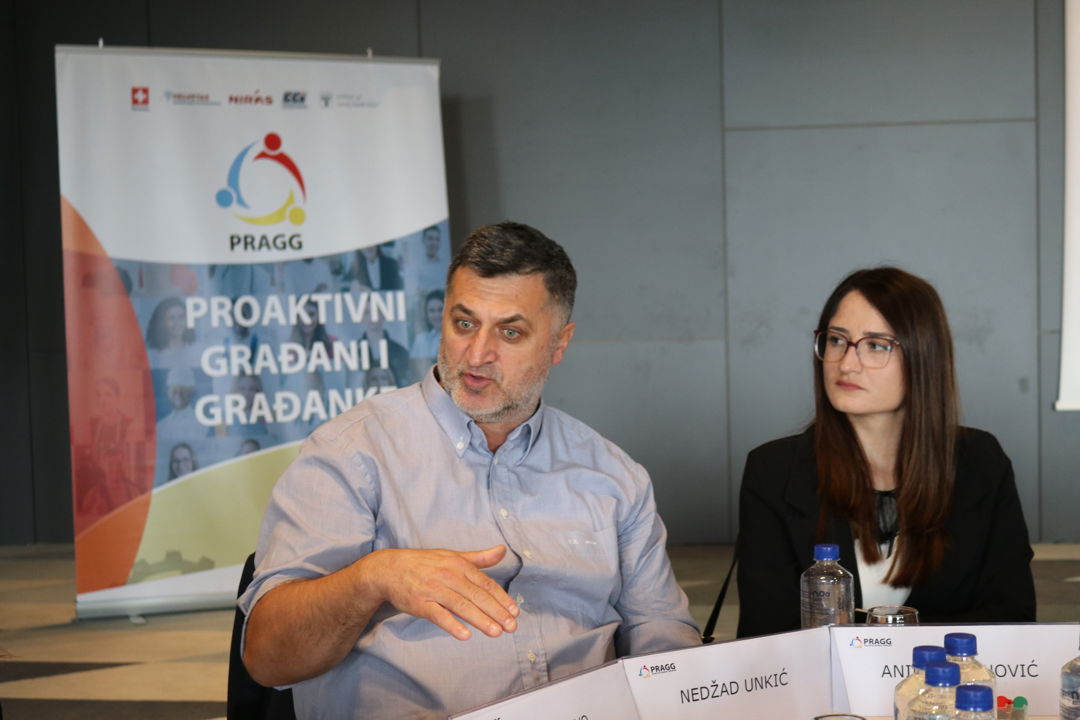
Leave a comment